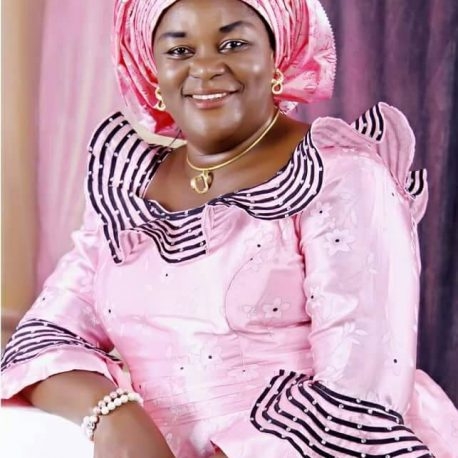In a landmark move, the National Assembly of the Federal Republic of Nigeria has taken a significant step towards inclusivity by allowing Nigerians living abroad to participate in national elections. Sponsored by Hon. Tochukwu Okere, the bill titled “A Bill for an Act to Alter the 1999 Constitution (As Altered) to Make Provision for Diaspora Voting and for Related Matters” HB 1396 has successfully passed its first reading. This development marks a potential shift in the political landscape of Nigeria, ensuring that the voices of millions of Nigerians in the diaspora are heard.
Commencement
Be it enacted by the National Assembly of the Federal Republic of Nigeria as follows:
Amendment of the Principal Act
1. The Constitution of the Federal Republic of Nigeria, Cap C23, Laws of the Federation of Nigeria, 2004 (hereinafter referred to as the ‘Principal Act’) is altered as set out under this Act.
2. Section 132 (5) of the Principal Act is deleted and substituted with the following: (5) “Every citizen of Nigeria who has attained the age of eighteen years at the time of registration of voters for the purpose of such election shall be entitled to vote whether residing within or outside Nigeria. Such citizen shall be eligible to vote in all national elections at Embassies, Consulates, and other designated locations abroad”. (6) “The Independent National Electoral Commission shall establish procedures for diaspora voting, including registration, voting methods and verification”. (7) “Diaspora votes shall be counted separately”.
Citation .
3. This Bill may be cited as the Constitution of the Federal Republic of Nigeria (Alteration) Bill, 2024.
Explanatory Memorandum
This Bill seeks to allow Nigerian citizens living abroad to participate in national elections.
Implications and Next Steps:
The introduction and first reading of this bill signify an inclusive shift towards embracing the contributions and perspectives of Nigerian citizens worldwide. By ensuring that every citizen, regardless of their place of residence, has the right to vote, Nigeria is moving closer to a truly representative democracy.
The bill’s provision mandates the Independent National Electoral Commission (INEC) to develop comprehensive procedures for diaspora voting. This will include registration processes, secure voting methods, and rigorous verification protocols to ensure the integrity of the votes cast abroad.
Moreover, the provision that diaspora votes will be counted separately ensures transparency and allows for an accurate reflection of the diaspora’s electoral preferences.
Conclusion:
As the bill progresses through subsequent readings and discussions, it is expected to garner robust debate and scrutiny. If passed into law, it will not only alter the 1999 Constitution but also redefine the scope of electoral participation for millions of Nigerians abroad.
The successful passage of this bill through the first reading is a promising start towards greater inclusivity and representation. It highlights the evolving nature of Nigeria’s democracy, one that recognizes and values the contributions of its citizens worldwide. As Nigeria continues to progress, the engagement and participation of its diaspora community could play a pivotal role in shaping the nation’s future.
| ReplyForwardAdd reaction |










